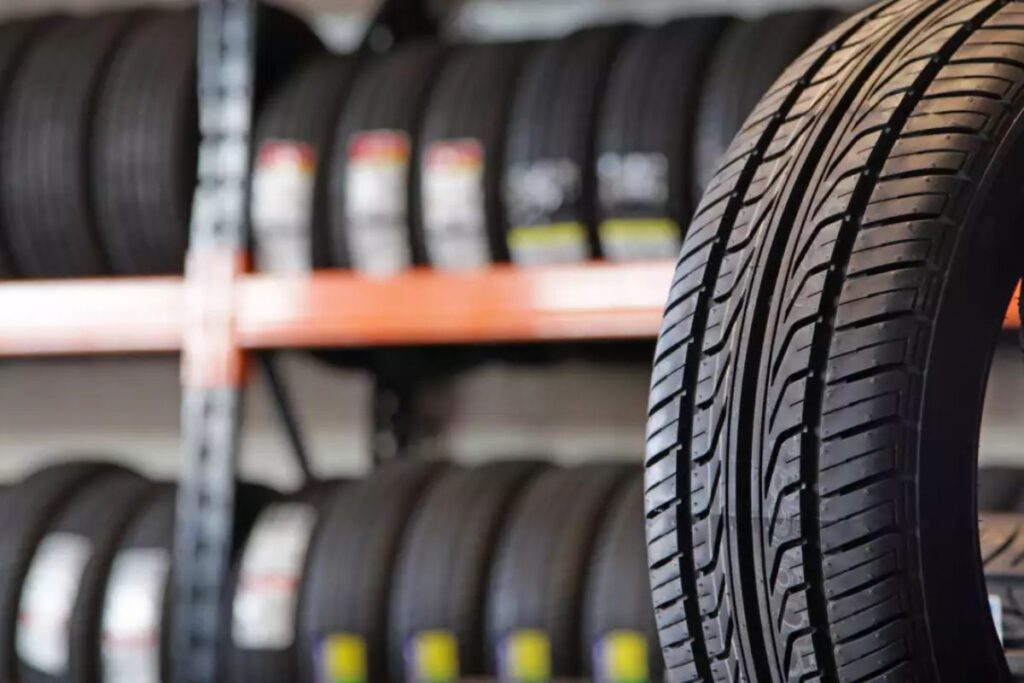Selecting the appropriate tires for your Sport Utility Vehicle (SUV) is more than a mere purchase; it’s a crucial decision impacting the safety, performance, and efficiency of your vehicle. This guide aims to navigate you through the myriad of options and considerations, ensuring you make a well-informed choice tailored to your needs and driving habits.
Table of Contents
Recognizing Your Needs
It’s important to consider the driving conditions in which you typically drive when choosing your preferred SUV tires. Whether you’re driving on a highway, traveling off-road, or negotiating city streets, different tire characteristics are necessary for the best performance and safety in each situation.
- Daily Drive: Look for tires with exceptional comfort, fuel efficiency, and road handling whether driving on the highway or in cities on a frequent basis.
- Off-road Adventures: If you frequently travel off the main path, opt for tires that are more durable and have deeper treads to tackle uneven terrain.
- Weather Considerations: Tire types vary depending on the climate. All-season tires perform admirably in a variety of weather situations, but severe weather may call for the use of winter or summer tires.
Know Your Tire Size
Manufacturer Recommendations: The recommended tire size for your SUV can be found in the user handbook. Following these suggestions guarantees top performance.
Tire sizes, such as ‘235/70R16,’ signify width, aspect ratio, kind of construction, and wheel diameter. For compatibility and performance, it is essential to comprehend these dimensions.
When selecting the best passenger car tires for you, it is crucial to understand your tire size. To achieve correct fit, balance, and vehicle performance, a certain tire size is needed for each model of vehicle. Everything from handling and fuel efficiency to safety and comfort is impacted by the proper size. The tire size comprises width, aspect ratio, and rim diameter; it is usually located in your car’s handbook or on the inside edge of the driver’s door. Making sure you get the right size helps you avoid problems like tire rub, inaccurate speedometer readings, and even mechanical damage while also preserving the driving characteristics as intended by the manufacturer.
SUV Tire Types
Seasonal Tires
- Versatility: A superb all-arounder that balances dry and wet road performance in most weather situations.
- Durability: They are often more affordable due to their extended lifespan.
Winter Tires
- Snow and Ice Traction: Made with special rubber compounds and tread patterns to perform well in icy and snowy environments.
- Cold Weather Performance: To improve grip in colder weather, stay more flexible.
Off-Road Tires
- Deep treads provide better traction in mud, gravel, or sand thanks to the rugged design.
- Puncture Resistance: Rough terrain and sharp items are kept at bay by the reinforced sidewalls.
Performance Tires
- Improved Handling: Perfect for drivers looking for increased speed and agility.
- Weather Restrictions: In general, this product is not appropriate for extreme weather.
Evaluating Quality and Features
Tire Tread Patterns
- Symmetrical: Provides extended wear and quiet operation, making it perfect for daily usage.
- Directional: Exceptional in damp situations, effectively expelling water.
- Asymmetrical: Offers flexible performance by combining elements for both dry and rainy conditions.
Cutting Edge Technologies
- Run-flat tires are safer since they permit some driving even after a puncture.
- Eco-friendly Alternatives: To improve fuel economy, try to lower rolling resistance.
Cost and Durability Factors
Setting A Budget for Tires
- Cost-Quality Balance: Although high-end tires could cost more, they frequently provide better performance and a longer lifespan.
- Long-Term Savings: Take into account factors that can result in savings over time, such as durability and fuel efficiency.
Recognizing Tire Life
- Tread Wear: It’s critical to conduct routine inspections in order to spot wear patterns that may indicate alignment or suspension problems.
- Age Factor: Because of material degradation, tires should be changed every six to ten years, regardless of tread wear.
Making an Informed Decision
Buying Choices
- Authorized Dealers: Provide the benefit of professional fitting services and warranties.
- Online retailers can offer competitive prices, but they must be carefully chosen to guarantee quality and authenticity.
Research and Consultation
- User Reviews and Tests: Online reviews and professional tire tests can offer valuable insights.
- Expert Advice: A conversation with a tire specialist can provide recommendations based on your specific SUV model and driving patterns.
Conclusion
Choosing the right tires for your SUV involves a careful consideration of your driving needs, understanding the different types of tires available, assessing their features and quality, considering the cost and longevity, and ensuring proper installation and maintenance. By thoughtfully navigating these aspects, you not only enhance your driving experience but also ensure your safety and make a prudent investment in your vehicle’s performance.
The key is routine tire maintenance. It’s important to maintain your tires in optimal condition in addition to selecting the appropriate ones. Make sure you keep your tires properly inflated, rotate them in accordance with the manufacturer’s instructions, and routinely inspect them for wear indicators. This keeps your SUV safe and functional in addition to extending the life of your tires.
In conclusion, your SUV’s efficiency, safety, and performance can all be significantly enhanced with the correct tires. Consider your driving habits, comprehend the many possibilities, and come to a well-informed decision. Recall that sometimes the least expensive choice isn’t the most economical one in the long term. Purchasing high-quality tires that meet your unique requirements can enhance performance, increase safety, and ultimately increase your level of happiness when driving.
Seek assistance from tire experts on a regular basis and keep up with the most recent advancements in tire technology. Your tire needs may vary as driving conditions and behaviors do. No matter where your journey takes you, you can be sure that your SUV is always outfitted with the optimum tires for the conditions by remaining knowledgeable and flexible.


